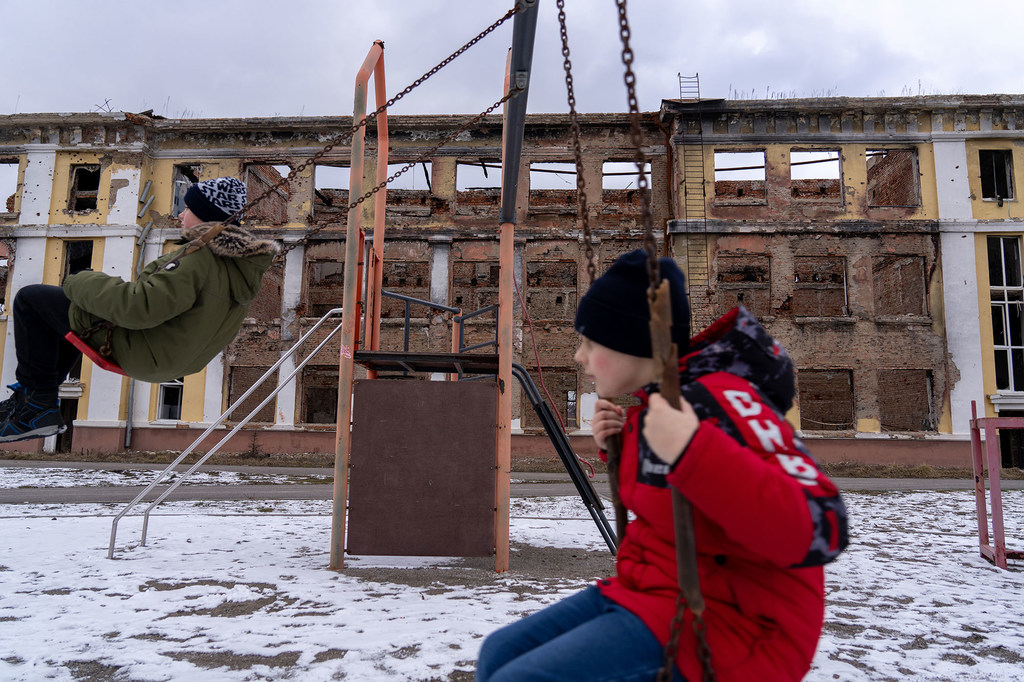Attacks on Schools Surge by 44% Amid Global Conflicts: UN Report
International affairs correspondent with extensive experience covering global politics, diplomacy, and cross-border issues

In a year marked by escalating global conflicts, a United Nations report reveals a disconcerting 44% increase in attacks on schools, posing grave threats to the safety and education of students and teachers. The report highlights the severe impact of these violations on educational infrastructure and the psychological well-being of young learners.
The increase in violence against schools over the past year has been described as 'staggering' by the United Nations, with over 41,000 incidents reported in 2024 alone. These attacks have been concentrated in conflict zones such as Israel and the Occupied Palestinian Territory, the Democratic Republic of the Congo (DRC), Somalia, Nigeria, and Haiti. Such violations not only threaten the physical safety of students and teachers but also jeopardize the future of entire communities, as emphasized by UN Secretary-General António Guterres. His remarks on the International Day to Protect Education underscored the critical need to safeguard educational environments and ensure that no child risks their life to learn.
The UN's Annual Report on Children and Armed Conflict for 2024 reveals alarming trends beyond attacks on schools. There has been a 34% increase in sexual violence against children, alongside a 17% rise in abductions and recruitment into armed groups. These statistics illustrate an 'alarming escalation in brutality' against children, prompting urgent calls for international intervention and accountability for perpetrators.
In Gaza, the prolonged conflict has displaced over 2.3 million people, leaving 660,000 children without access to formal education. Schools have been transformed into shelters, with temporary learning spaces providing essential education and psychosocial support to over 68,000 children. UNICEF's innovative initiatives, such as recycling pallets into school furniture, aim to restore a semblance of normalcy for these young learners amidst the chaos.
Similarly, in Ukraine, the ongoing war has disrupted education for 5.3 million children, with approximately 115,000 completely out of school. Damage to 1,850 educational facilities has forced many schools to operate remotely or adopt hybrid models. Despite these challenges, UNICEF's efforts in rehabilitating war-affected schools have facilitated the return of many students to classrooms, with additional support provided through catch-up and remedial learning programs.
The United Nations reiterates the obligation of all parties in conflict zones to respect schools as sanctuaries of safety, as mandated by international law. Secretary-General Guterres' poignant reminder that 'the pen, the book, and the classroom are mightier than the sword' encapsulates the global call to protect the right of every child to learn in peace. The UN continues to advocate for accountability and the preservation of education as a fundamental human right.
About Alex Rivera
International affairs correspondent with extensive experience covering global politics, diplomacy, and cross-border issues